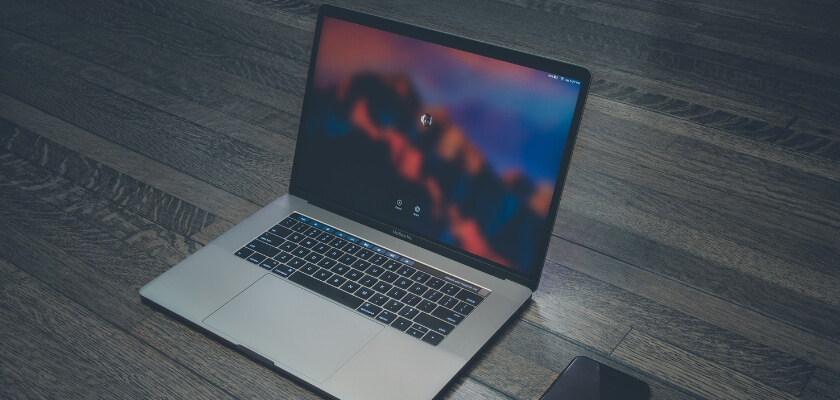Laptop Mag have reported about the quality of customer support service for 11 top laptop makers, giving Apple the number one spot, and dubbing the company “king” of customer support.
Apple is praised for excellent live chat assistance, while that obtained via the phone is said to be “also good.” And even though the company offers support on Twitter, Laptop Mag said it would be a good idea to also provide this on Facebook – however, the overall conclusion is that Apple gives “valuable technical support while maintaining a friendly, personable tone (…) technical support agents continue to deliver impressive service, giving users reason to trust the tech giant.”
And Laptop Mag’s methodology? Going “undercover” and pretending to be everyday users – while posing three support questions to each of the 11 laptop manufacturers. And also, trying to find existing solutions on support websites and forums. Not exactly scientific, but the results left the website impressed enough to give Apple 91 out of 100 possible points.
But laptops are hardly Apple’s focus these days, and haven’t been for a good while – in fact, the company made its hundreds of billions of dollars on mobile devices, propelling itself among Big Tech. Recently Apple has been making attempts to move into services, again playing off the mobile hardware as its biggest strength. All this while the laptop range is being steadily pushed to the sidelines.
Therefore, a more relevant question might be – what’s customer support like over on the biggest and most lucrative side of Apple’s business, the iPhone?
Not everything is quite as rosy here, as unease among some Apple customers and the eco-system around its products has been growing over the rigid policies the company exercises over just about any aspect of its business – including the recovery of data from damaged devices.
CBC News recently reported about Jessa Jones and a group of independent repair technicians gathered in the iPad Rehab shop, who recover data from damaged iPhones and iPads.
One customer quoted in the report wound up with a dead iPhone after dropping it in a pond and feared losing thousands of photos stored on it. Apple’s customer service was not impressive.
“They appeared to have virtually no interest. They’d like to sell you a new phone right away, but they don’t really care so much about the data and we were more concerned about the data,” said Josephine Billard, who eventually turned to Jones and got her photos back.
Meanwhile, whenever Jones tried to share her data recovery expertise on the Apple Support Communities forum – where customers routinely get told there is no hope – she would receive warnings against posting “questionable advice,” have her messages deleted – in the end leading to her account getting banned – and she wasn’t the only one.
When CBS New contacted Apple Support, the answer was that it is impossible to recover photos from damaged devices, unless they had been backed up. But Jones maintains that there is a 95 percent chance of salvaging data, especially from iPhones damaged by water.
Jones followed up on YouTube by accusing Apple of continuing to lie about data recovery even after the CBC News report.
Comments left under the video that has been shared elsewhere on YouTube betray the same sense of indignation: one commenter said that Apple users are treated “like cattle”, while another said they got banned from Apple forums when attempting to post about Jones. Some customers were luckier: they only had parts of their posts edited – to remove any mention of tips such as searching YouTube for “dead iPhone repair.”
Misleading customers about the possibility of data recovery for the sake of forcing new sales might seem like an unethical practice, but it is entirely in character for Apple -even if at this point, paying for expensive hardware starts looking more like acquiring a license to use it, rather than gaining actual ownership over a device.
No doubt, Apple is a very different company today, with different ethics, or at least, a different message than the one that produced the “1984” commercial, painting itself as the brave underdog fighting against conformity and promoting empowerment of its customers. It’s also different by being hundreds of billions of dollars richer.
Today, Apple is (in)famous for exerting tight control over its proprietary products and forcing its decisions – either to remove or add new features – onto customers with no hesitation. Despite some dissenting voices, by and large, the fiercely brand-loyal userbase, and the accompanying echo-chamber blogosphere – both often described as “cult-like”- don’t seem to mind at all.













